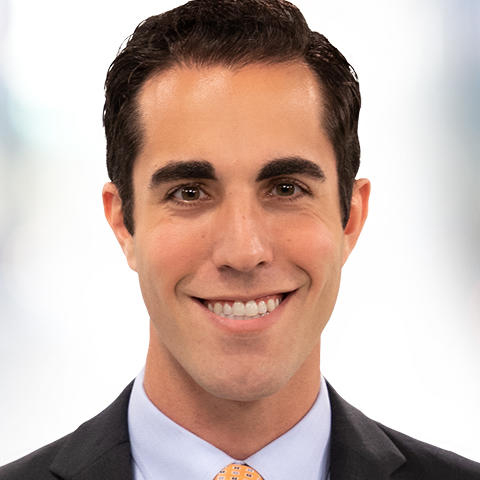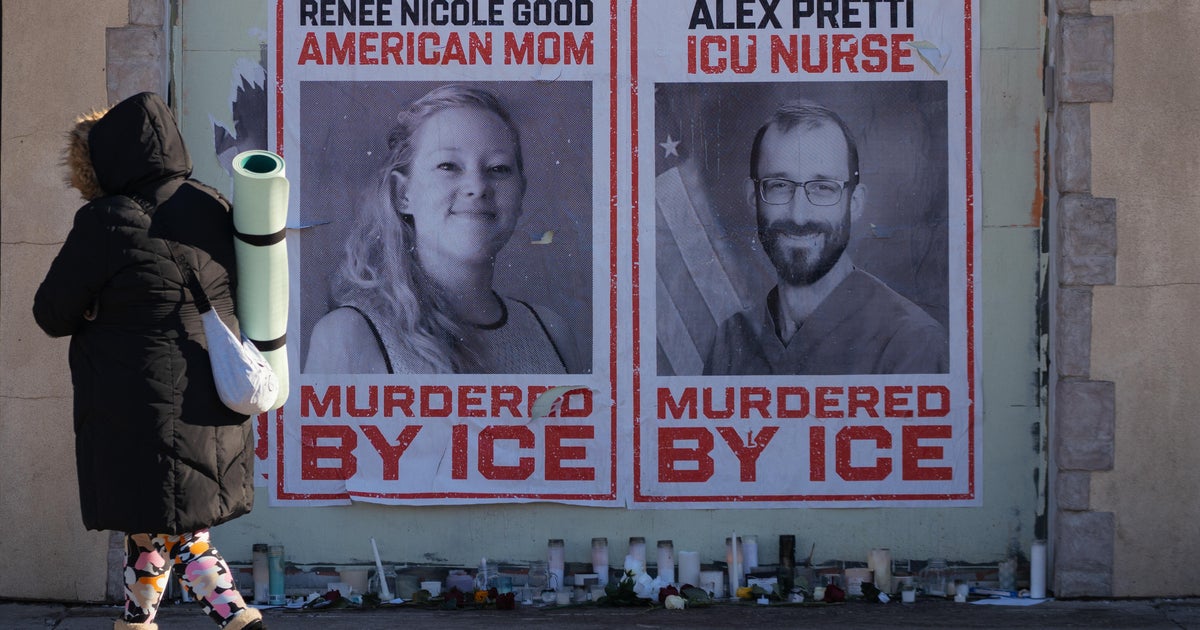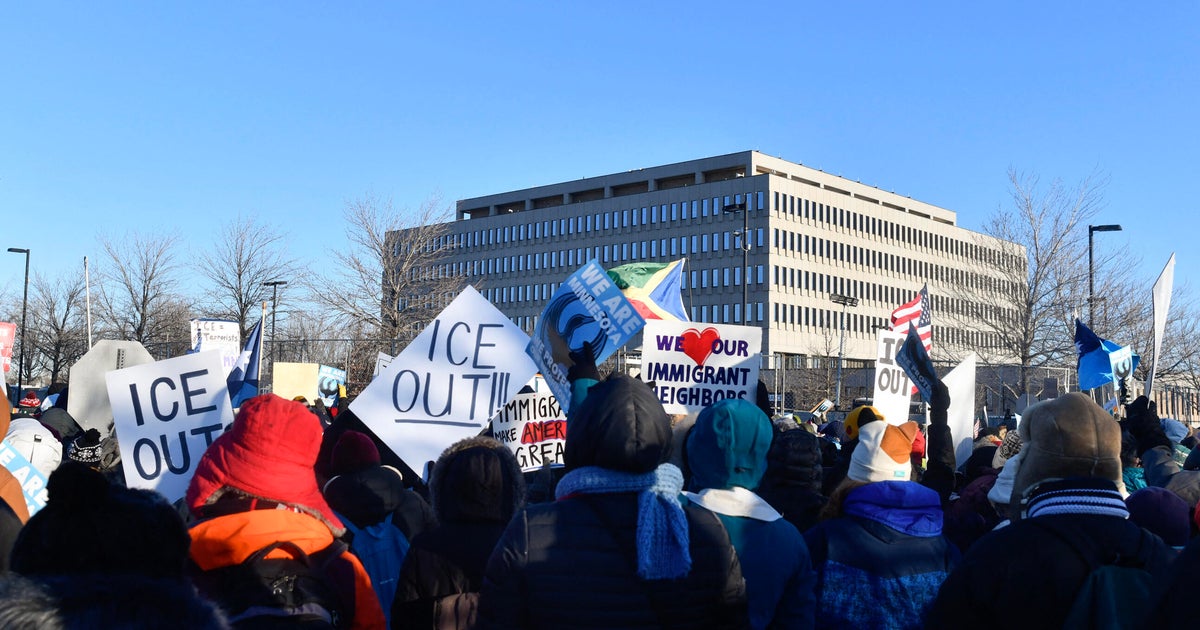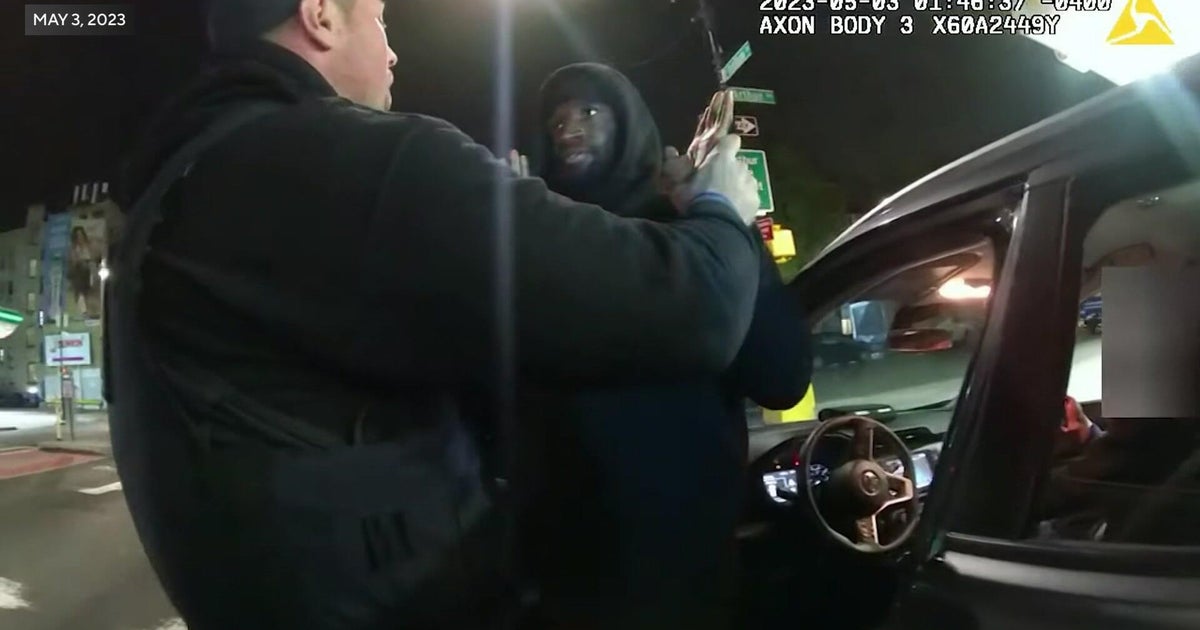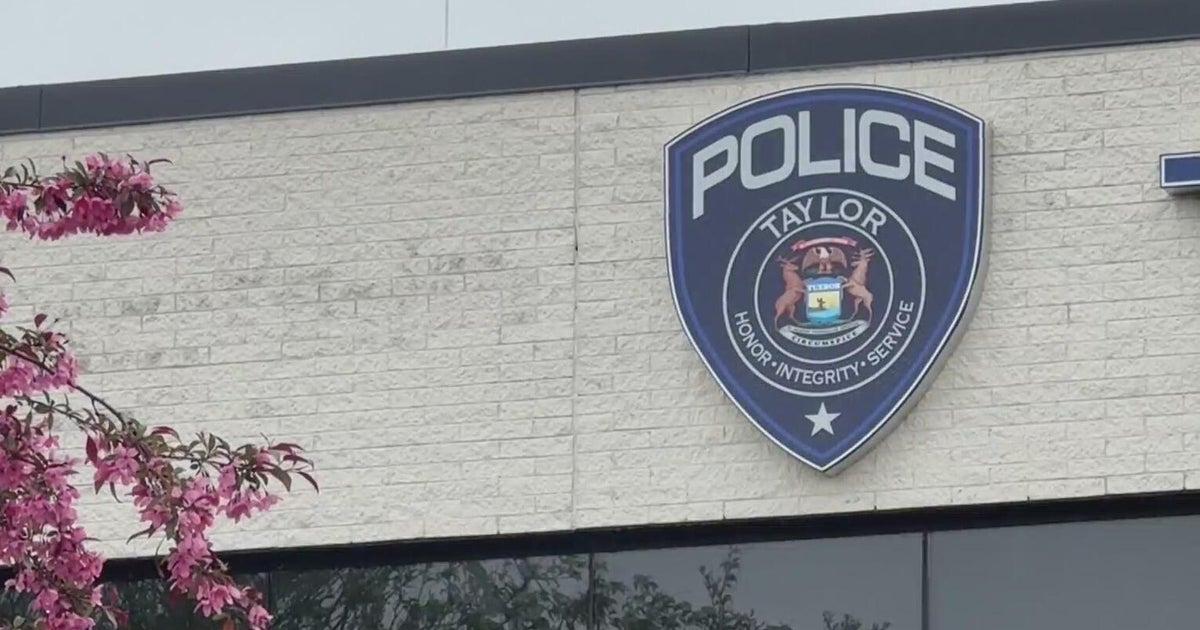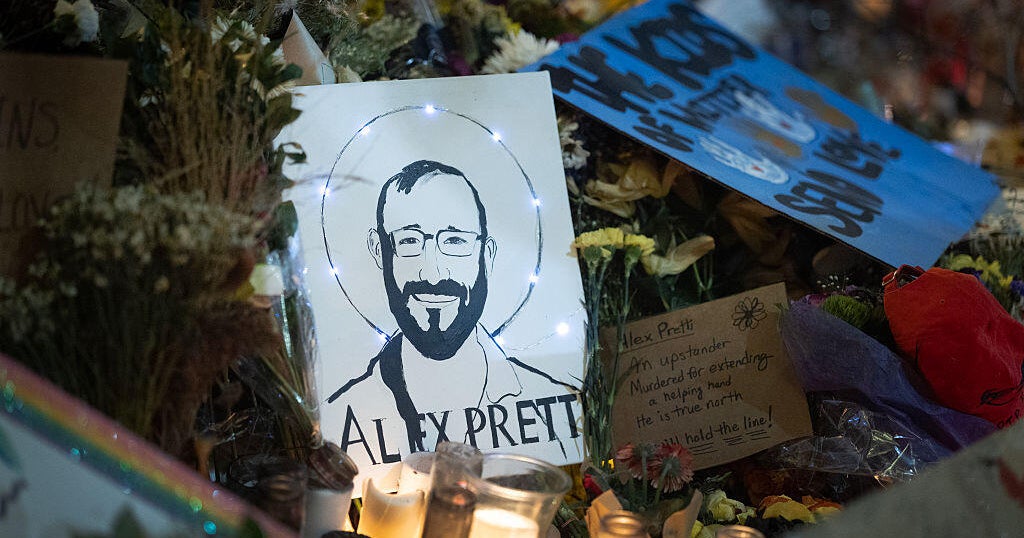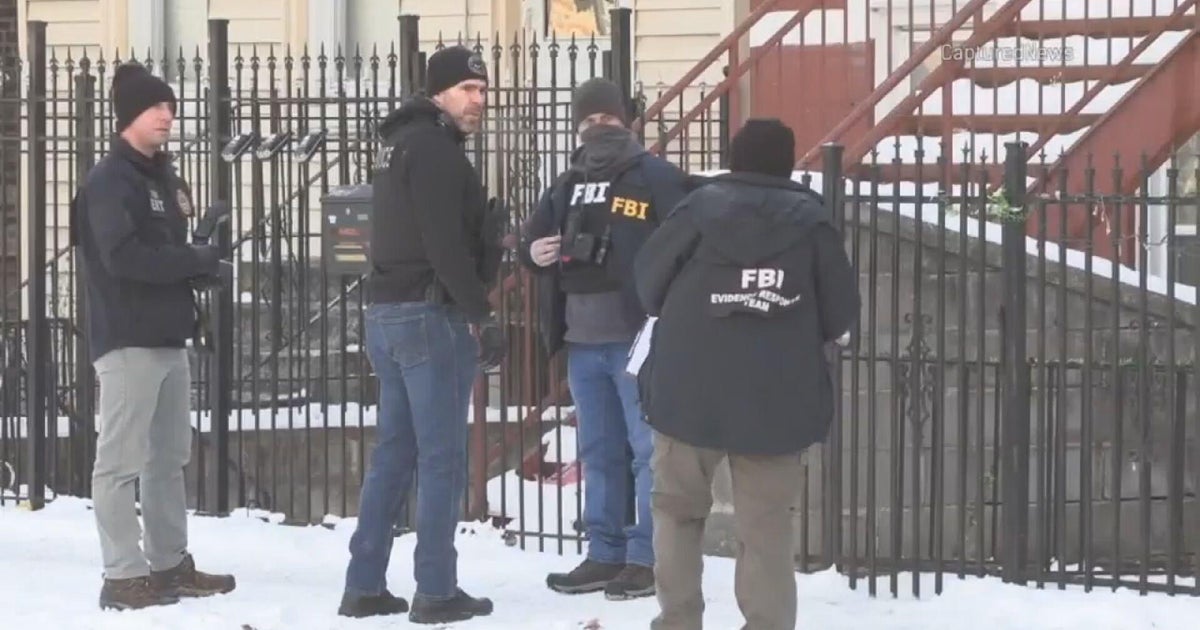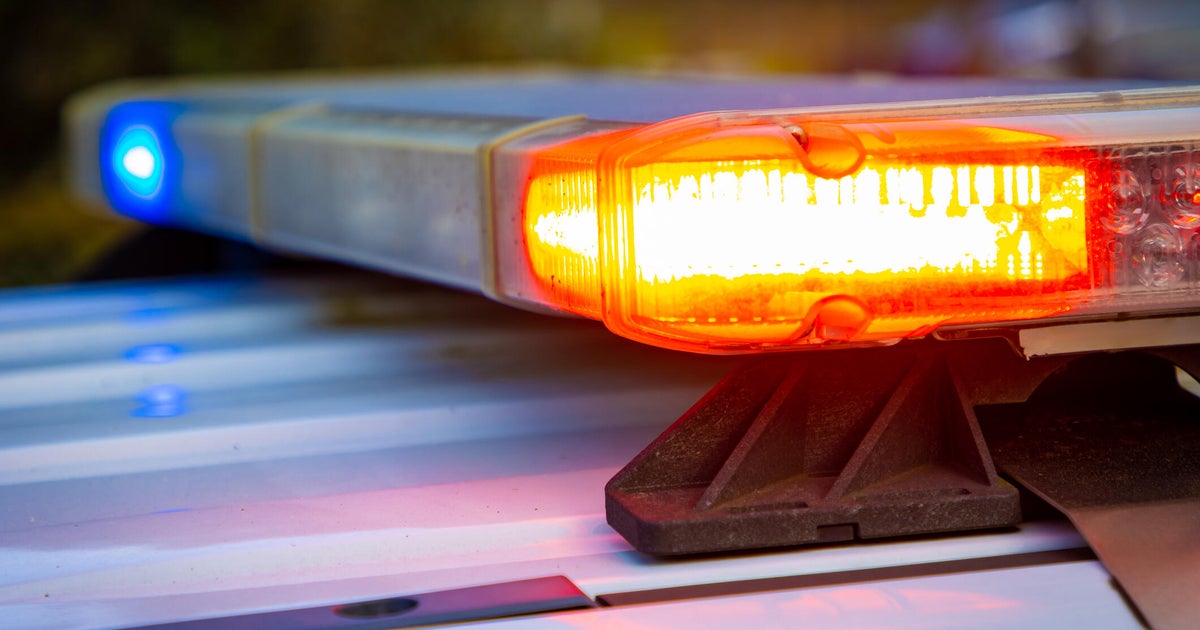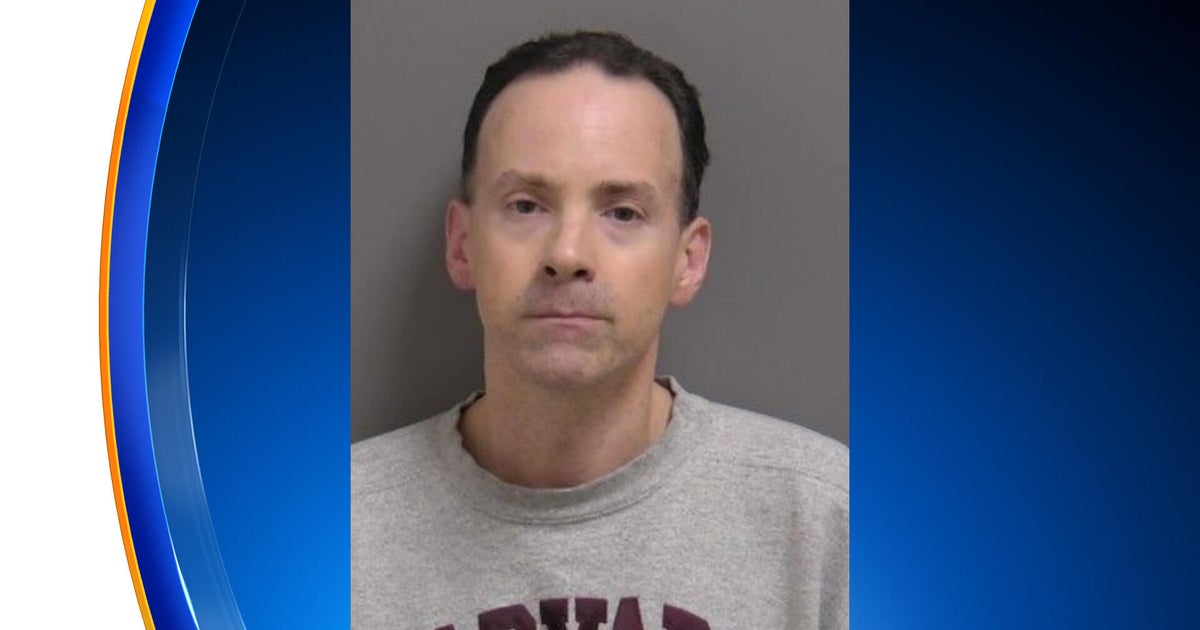MDHR: Minneapolis police didn't hack or wiretap Black organizations and residents
MINNEAPOLIS – The practice of Minneapolis police officers using fake profiles to go undercover on social media first came to light in a state report after the murder of George Floyd.
The Minnesota Department of Human Rights said in its 2022 findings that MPD "targeted" and "surveilled" Black people and Black organizations online, "gaining access" to their social media profiles, unrelated to any criminal activity.
MDHR found officers weren't similarly surveilling white people.
Now, nearly a year after the report's release, MDHR is making it clear there was no hacking or wiretapping.
"We don't have to use the word 'surveil' if there's confusion about that," said MDHR Commissioner Rebecca Lucero, speaking last week about a court-enforced settlement agreement the state reached with the city of Minneapolis.
MDHR says officers "followed" and "engaged with" people, which is "common practice...to establish a credible undercover profile." It stands by its findings that were discriminatory in nature.
The clarification doesn't do much to put people WCCO spoke to in the Black community at ease.
"It is trauma that Black people continually experience in this city," said Mike Griffin, a Black community organizer.
Griffin and others were alarmed when the report came out, which stated MPD "gained access" to social media profiles.
"Am I being surveilled? Are my friends? Based on what?" Griffin said. "The trust is already eroded between the Black community and the Minneapolis Police Department."
READ MORE: Community group calls for pause on Minneapolis Police settlement agreement
MPD Chief Brian O'Hara says covert accounts are necessary for gathering information and preventing violence.
"Police do conduct undercover work, and this is just an extension of that idea into the technological space," O'Hara said. "There's no sort of breaking into and trying to interfere or post messages. None of that is happening now."
Going forward, the settlement agreement will require MPD to get authorization for its undercover accounts, save the information collected, and have the accounts regularly reviewed to make sure they're being used in a lawful and non-discriminatory way.
"The policy change in here covers every single piece from top to bottom," Lucero said.
When asked how trust in MPD can be rebuilt after this, O'Hara said police need to prove they're keeping people safe.
Black activists said answers about who was being surveilled and why would be a start.
Below is the full clarification on MDHR's website:
With respect to MDHR's Findings about MPD's covert social media use, when MDHR described MPD as "surveilling" individuals and groups through social media, MDHR did not use that term to indicate "hacking into" accounts or private messaging systems or "wiretapping" those individuals or groups. What was meant by "surveillance" was that MPD officers used covert social media accounts to "follow" and "engage with" individuals and groups through their social media accounts. It is common practice for law enforcement agencies to "follow" and "engage with" individuals and groups through their social media accounts to establish a credible undercover social media profile.
Click here to read MDHR's report.
Click here to read the settlement agreement.
